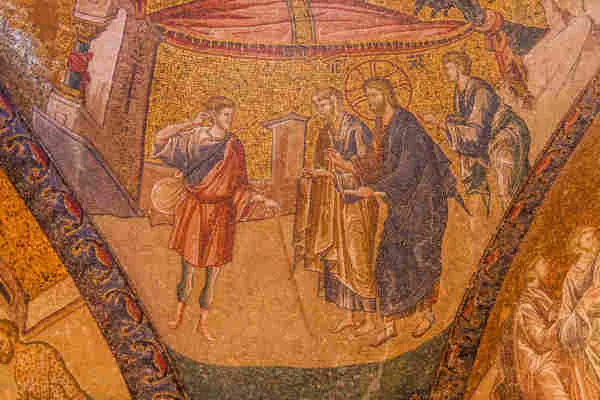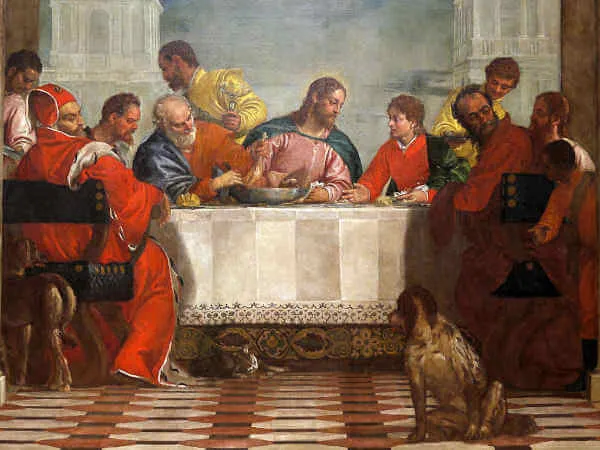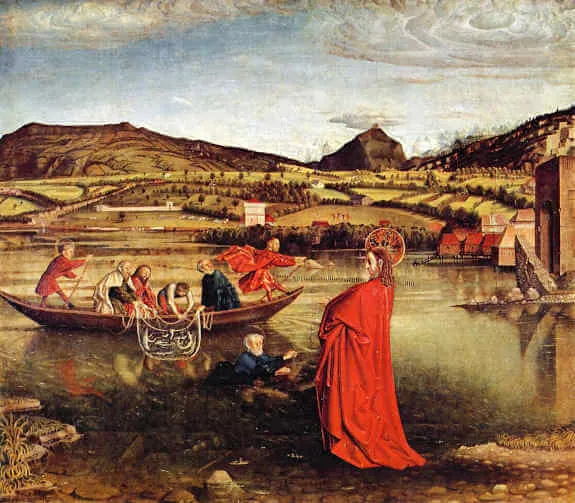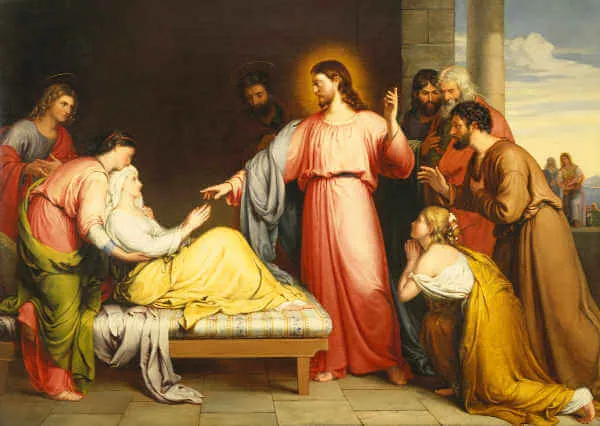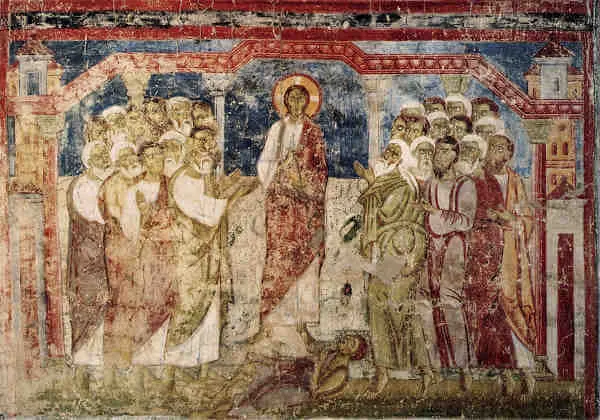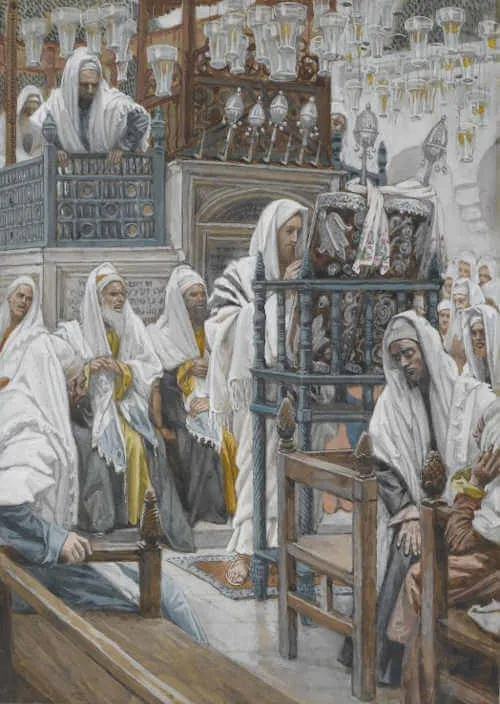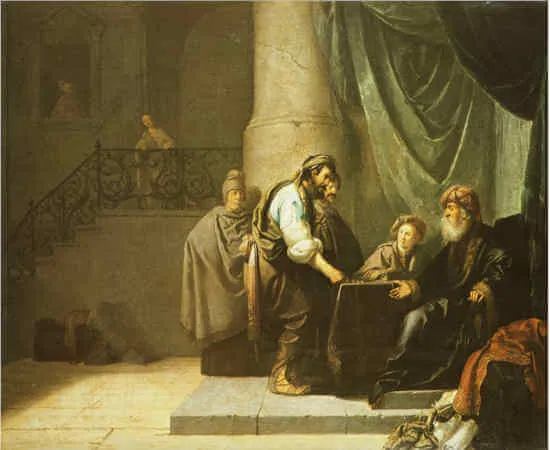Mark 7:33-35
Humble Instruments of Grace
He put his finger into the man’s ears and, spitting, touched his tongue; then he looked up to heaven and groaned, and said to him, “Ephphatha!”—that is, “Be opened!”—And immediately the man’s ears were opened, his speech impediment was removed, and he spoke plainly.
Reflection:
One interesting point in this story is that the people who brought this deaf and mute man to Jesus begged Him to “lay his hand on him” so as to heal him. But what did Jesus do? Instead, He took the man away from the crowd, put His divine finger into the man’s ears, touched the man’s tongue with His own sacred saliva and the man was cured. At first, the act of putting your finger into someone else’s ear and touching their tongue with your own saliva may seem repulsive. Normally it would be. To understand these two actions, we must understand the symbolism.
The image of a finger is used a number of times in the Scriptures to refer to God’s power. In the Book of Exodus after the plague of the gnats, Pharaoh’s magicians said that this was clearly done “by the finger of God” (Exodus 8:19). On the mountain when Moses received the Ten Commandments we know that it was also God’s finger that wrote them (Exodus 31:18). In the book of Daniel, a finger appeared and wrote a prophetic message on a wall (Daniel 5:5). In the New Testament, Jesus cast out a demon “by the finger of God” (Luke 11:20) and in today’s Gospel He healed this man’s hearing with His finger. The “finger of God” is understood as the power of God and an action of the Holy Spirit. Thus, by using His sacred finger to heal, Jesus was symbolically revealing that He fully exercised the power of God and acted in perfect union with the Holy Spirit and the Father.
The image of saliva is also interesting. Perhaps you have noticed that when an animal has a wound it often licks that wound. This is a natural instinct but also one that makes sense. Saliva has a certain medicinal power of healing. It contains antibacterial agents. Therefore, since normal saliva can help heal a wound, Jesus’s saliva is able to heal in a supernatural way. Recall, also, that Jesus healed a blind man by spitting on the ground and then smearing the mud on his eyes (John 9:6).
Did Jesus need to use His finger and His saliva to heal this man? Certainly not. He could have done it with a mere thought. But He chose to use His body as an instrument of His healing power. Doing so reveals to us that Jesus’ humanity became the source of unity between God and man. Even His finger and His saliva unite us to God. Everything about the Son of God in His human form dispensed grace, healing and mercy. Even that which may, at first, seem most repulsive.
Though there is much we can take from this passage, one thing that should not be missed is that if Jesus chose to use His finger and even his saliva to dispense His power, so, also, He desires to continue using the members of His Body to distribute His grace. By Baptism, you are a member of Christ’s Body, the Church. You are His hands and feet, His eyes and voice, His heart and finger, and even His saliva. That last thought is very humbling. But if Jesus can use His saliva for healing, He can use you. If we can humbly understand that, then we will be better disposed to become an instrument of His divine mercy to those who need it. God is able to use us NOT because we are worthy of being used. Rather, He can use us because He has chosen to do so, even in our most humble state.
Reflect, today, upon the image of Jesus healing this deaf and mute man. If you ever feel as though God cannot use you, call to mind the way in which our Lord worked this miracle. If God can use His finger and His saliva, He certainly can use you, no matter how unworthy or sinful you may be. This miracle shows us that God can use all things for His glory for the simple reason that He is God. Humble yourself and offer yourself to God to use you as He wills. Doing so will give God the opportunity to manifest His almighty power through you.
Source: https://catholic-daily-reflections.com/2024/09/07/humble-instruments-of-grace/


